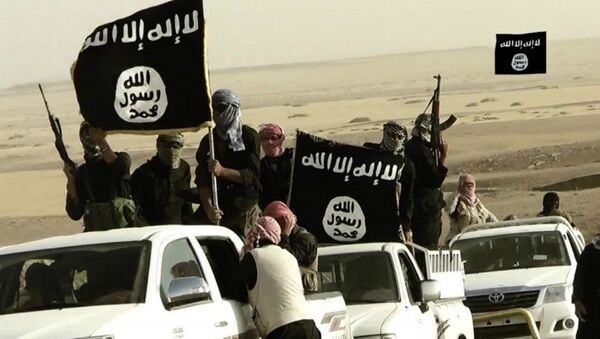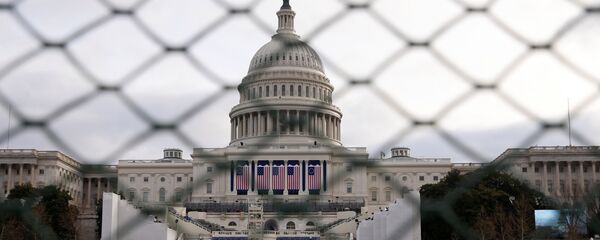"[Contacts] are resuming, and the leaders of both countries decided to work together to find the solution. Secondly, alliances comprising not only the United States and Russia but Arabic and Islamic countries as well may emerge," Walid Phares said when asked about the possibility of a broad anti-terror front with the participation of the United States and Russia.
Russia has been calling for months for the creation of a united anti-terror front. On January 20, Foreign Minister Sergey Lavrov stressed there was no alternative at the moment to such a measure in the wake of recent terror attacks around the world.
In his pre-election statements, Trump prioritized fighting against the Daesh terrorist organization. On Saturday, Russian President Vladimir Putin and the US leader discussed anti-terror efforts in their first official phone conversation.
Moreover, President Donald Trump understands concerns of some members of the US Congress regarding the current state of Washington-Moscow relations, but believes that both countries should ‘move forward’, Trump’s foreign policy adviser during the election campaign told Sputnik Wednesday.
According to Walid Phares, many US lawmakers notice that the relations between the two countries are complicated and there are "certain issues that came from the past and continue to exist to this very day".
"He [Trump] understands the concerns of some of the members of the Congress, but states that we are at a new stage and [should] move forward," Phares said.
On January 28, Trump and Russian President Vladimir Putin held their first phone conversation since Trump’s inauguration, and discussed bilateral relations, as well as international issues. On Monday, Kremlin spokesperson Dmitry Peskov said in a press briefing that Putin could meet Trump ahead of the G20 summit in Hamburg, scheduled for July 7-8.




